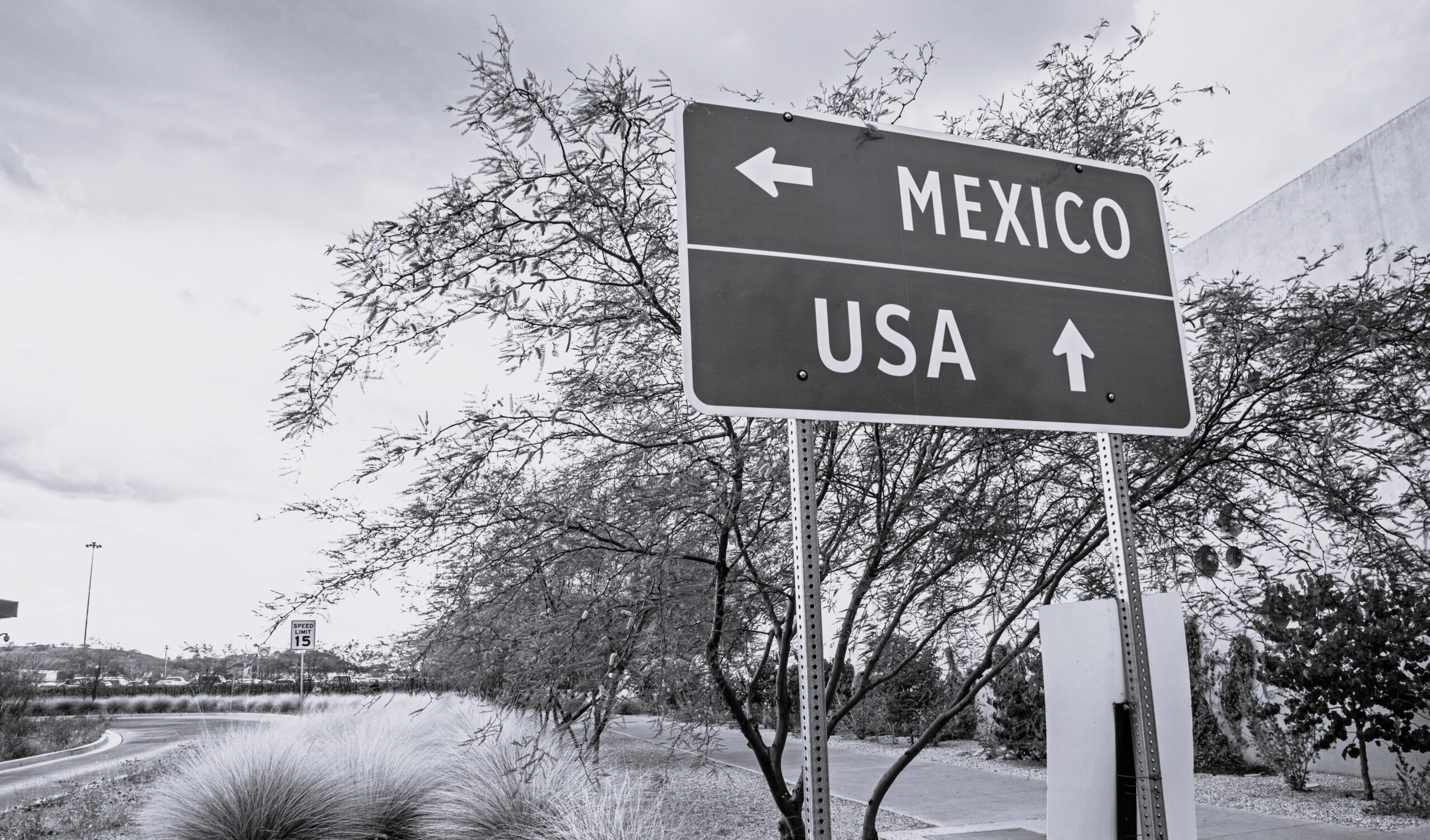Missouri’s faith leaders are protesting the state’s interference in their families and violations of their religious freedom, according to the Washington Post report Monday. These clergymen are angry about government policies regarding transgenderism.
It isn’t what you think. These pastors and rabbis are angry about measures proposed in the Republican-controlled state legislature that would classify as child abuse efforts to help children transition to their preferred gender. Rabbi Daniel Bogard stated that he opposed the government “creating an unnee burden on my faith from practicing it.” Rabbi Rori Picker Neiss said to the Post: “I don’t believe God lives in binary.”
It is clever rhetorical to exploit the causes of religious freedom and family privacy, which are often attributed as political tools of the right, but not the left. It’s not surprising that the Post would dedicate a large feature to discussing the irony. Bogard stated that the family was at war with their state in words that could be interpreted as coming from a conservative homeschooling household.
But, if we look at it in a different way, the Missouri battle for religious liberty and family privacy reminds us of how deeply our culture misunderstands religion and nature. Our culture, which is free from an appreciation of teleology (sometimes known as final causality), understands our bodies and sexuality not as being subject to predetermined ends by nature and a creator God. However, it does so by subordinating our wills to theirs.
“All of existence is per se inclinational and intentional. It is ordered to its proper proportioned ends.” All being is thus constituted with (and within) a natural Teleology,” Fr. Cajetan Cuddy O.P. in his introduction to the Natural Law According To Aquinas & Suarez by Walter Farrell O.P. Farrell asserts that “if there is nature, there must be a natural ending.” This is what we see every day in nature. Plants naturally seek sunlight to survive, so they can grow, reproduce and fruit. In their own ways, animals do the exact same thing.
Thomas Aquinas, a medieval philosopher, wrote that “for we see things acting in nature on account of an end.” When different organisms do not seem to be acting toward the same end, like lemmings jumping from cliffs , we know something is wrong. This could be overpopulation or a debilitating disease. Even in these examples, it is remarkable that, while an organism may not be seeking its welfare, it is often protecting the welfare of other species.
This is not something that humans are exempt from. We all strive to thrive, grow, procreate, sustain, and perpetuate the species we share. One of two types of gametes (or sex cells) that humans use to reproduce are sperm and ovum. Humans, however, are able to dramatically discredit their natural propensity for reproduction and growth. We are more capable of doing harm to ourselves than any other animal because of our intellects and will. This occurs when our intellect is not functioning properly and doesn’t choose the goods that God and nature have directed us towards.
We humans have an additional complexity in realizing our true end in this world. Our intellects and wills are influenced by the transcendent and find their fulfillment there. This makes sense considering that they both exist in immateriality, so their ends would also be immaterial. Aquinas explained: “Since all of nature proceeds and is directed towards an end in an ordered manner, we must posit some higher which directs or governs these things as Lord, and this is God.” Man’s ultimate goal, as one of our nation’s founding documents states, is our happiness. While ours is a supernatural happiness, all societies have to make the decision of whether they want to lead or hinder their members in reaching that ultimate end.
A political community that understands itself and guides its members towards these natural and supernatural ends will be more well-organized and prosperous. It will be more confused, disorganized, and destructive if it goes beyond those ends. Unsurprisingly, disorder and distemper are triggered by the rejection of the orderof Creation.
This is the Washington Poststory that features religious leaders who attack measures to curb transgenderism’s growth on the grounds religious liberty and privacy. These people, and a growing number of Americans, believe that our physical being is not representative of a created order that guides us to our natural happiness. Instead, it is a straitjacket that hinders our self-expression, self-realization, and self-expression. O. Carter Snead argues that What it Means To Be Human “defines the modern bioethics fundamentally as an atomized, solitary will.” It is the ability to create and pursue future plans for one’s self.
Sign up today
Receive weekly emails to your inbox
Religion is, however, not something that encourages natural ends through the formation and cultivation of virtue. It orients us towards God who created this order and will bring it to perfection in time. My church is a church that teaches about sin and redemption. It celebrates authenticity and diversity. We recognize religious belief and practice as essential to republican governments. However, it is only because it is another manifestation our autonomous will.
John Paul II in his 1993 encyclical Veritatis splendor noted that some moralists saw freedom as “somehow opposed to or in conflict” with biological and material nature. The pope warned that nature is “becomes reduced just to a raw material for human activity, and its power.” “Man would not have a natural world, he would only be his personal life-project. Man would have no other freedom than his own.
This interpretation is probably the most appropriate for America, where clergymen claim government attempts to protect children against chemicals and procedures that will vitiate or harm their sexuality can be considered an attack on religious liberty as well as family privacy. Teleology has been rejected by a society. Farrell said that it is a “self evident truth”. The unencumbered emotive will rise to the top, even above creation. We are unwilling to accept our givenness and our supernatural ends. Instead, we prefer to create our own. It will not work out for the clergyman’s children or us.










